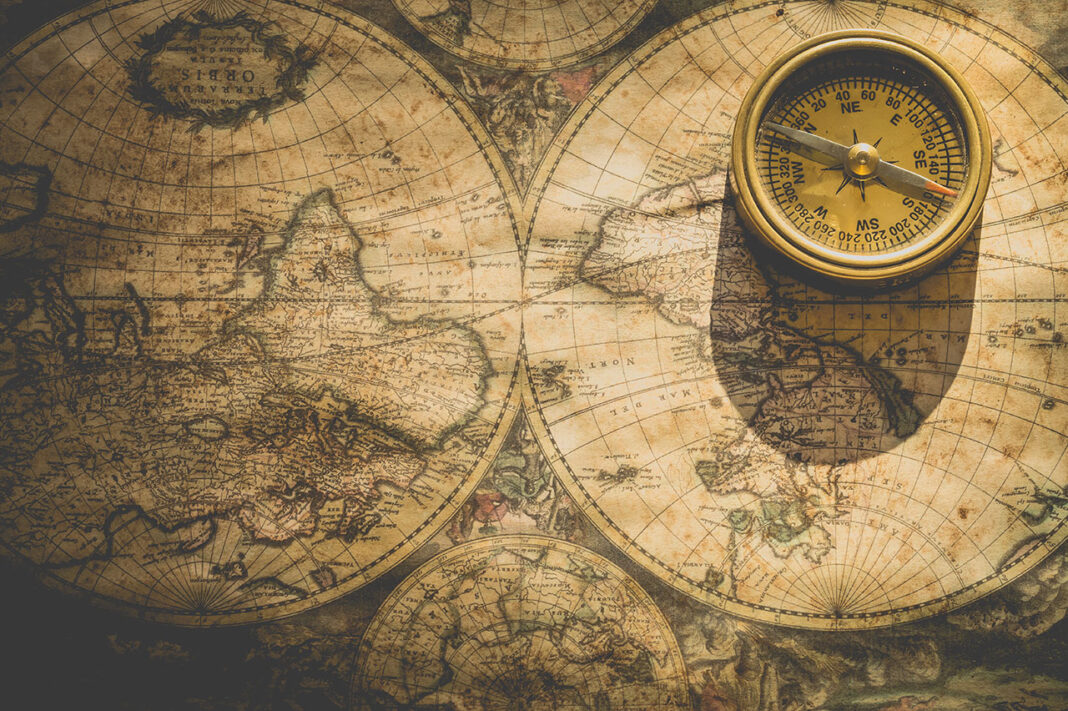With newscasters now broadcasting on a 24/7 news cycle, there’s little wonder that events around the world are feeling closer and closer to home. It has been one region in particular – that of the Middle East – that has captured the attention of American citizens for over two decades. With wars, regime change, and oil all concentrated in this part of the world, twenty-first-century history looks centered on the Middle East. In this article, you’ll learn how that might affect you, as a US citizen, in the years to come.
1Oil Prices
There are two major oil-producing regions in the world, and those are Russian and Middle Eastern nations. While the former is not traditionally a trading partner of the US, the latter region certainly is, and Middle Eastern countries like Saudi Arabia ship millions of barrels of oil to the US annually.
As such, any event in the Middle East, however minor, may have an effect on the price of crude oil, which not only affects the tank of gas that you fill up for your weekly driving – it can also affect stock markets globally, with cash changing hands into and out of the oil market.
2Military Endeavors
From the Gulf War through to Iraq and Afghanistan, the US has been present in the region of the Middle East in a military capacity for most of the past three decades. Indeed, the war in Afghanistan is considered to be one of the most long-lasting modern conflicts, with the US and its allies only reducing troop numbers in the region recently.
It’s worth reading up on the current plan for Afghanistan according to Irandiplomacy, to understand how the military might be affected by international diplomacy and politics in the Middle East region in the next decade.
3Tourism
The Middle East may seem to be an area dotted with conflict, coups, and turmoil, but it is also home to some of the world’s most impressive tourist destinations. From the Pyramids of Giza through to the wonders of the Persian empire, the Middle East is replete with fine art, ancient culture, and mind-boggling structures.
There’s also religious tourism – primarily to Israel and Jerusalem in particular, but also to Mecca, an incredibly holy site for Islamic US citizens. In all of these countries, the diplomatic relationship between the US and Middle Eastern countries will affect your freedom of movement and safety in visiting these tourist sites.
Read More: Best Time in the Year to Visit a City: A Brief Travel Guide
4Allies
With the region of the Middle East torn between the great powers of Iran and Saudi Arabia, the US is both an essential ally to many Middle Eastern countries, and a beneficiary of significant trade deals with these countries. The same can be said of Israel, which enjoys the full support of the US.
The ‘world order’ we currently enjoy is based upon these alliances, amongst many others – and their maintenance brings stability to the lives of people around the world, as well as citizens of the United States.
Above, you’ll have learned the four critical areas in which your life, as a US citizen, might be affected by events in the Middle East. This is worth bearing in mind so that you can understand the global pattern of events and politics in the future.














